SUBSCRIBE TO OUR EMAIL LIST
digital Humanities
and SPATIAL DATA SCIENCES and Artificial Intelligence
The HNSDS_IA cluster is an interdisciplinary working group founded on the hybridization of knowledge across the humanities and social sciences (HSS), geomatics, data science and artificial intelligence. It combines cross-cutting expertise to document, map, model, and analyze complex phenomena related to social, spatial, and political dynamics.
Its ambition is to promote the use of cutting-edge digital technologies and advanced methods of data analysis in HSS research. The growing integration of computational approaches, natural language processing (NLP), statistical analysis, semantic indexing technologies, as well as the experimentation with new paradigms—such as quantum computing for the exploration of massive datasets or nanotechnologies for digital archiving—confers upon this cluster a strategic role in the interdisciplinary research landscape.
Identity, partners and structure
The working group brings together researchers from Egyptian and French institutions : UMR Art-Dev, EVS, GEODE and GET. Their contributions are embedded in a broader scientific network, even though not all of them reside permanently in Cairo. Alongside them, professionals specializing in geomatics and other technical or documentary fields provide indispensable expertise, all of them being based in Cairo and dedicated to CEDEJ. The cluster’s activities also benefit from the support of around fifty staff members affiliated with the CAPMAS (Central Agency for Public Mobilization and Statistics) and the Bibliotheca Alexandrina, within the framework of formal cooperation agreements with these institutions. Since 2025, a new collaboration has also been launched between CNRS and the National Research Institute of Astronomy and Geophysics (NRIAG).
Scientific goals
The working group pursues several structuring goals. It develops innovative tools and methodologies for the analysis and management of large socio-spatial datasets, while ensuring the preservation, organization, and dissemination of scientific corpora through evolving digital platforms. It promotes the creation of new research objects—such as intelligent catalogues, interactive portals, collaborative editors, and dynamic simulations—and integrates artificial intelligence into research practices (classification, named-entity recognition, predictive modeling, legal analysis). Finally, it explores emerging technologies by experimenting with quantum computing for the modeling of highly complex datasets and with nanotechnologies to test new media and methods for sustainable archiving.
Through this resolutely interdisciplinary orientation, the cluster positions itself as a pioneering platform at the crossroads of HSS, geomatics, and AI, reinforcing the structuring, reusability, and international openness of data.
Structuring programs
- Dynamic and Interactive Atlas of Egypt – in collaboration with CAPMAS (2024–2028 MoU)
Building on the cedejcapmas.org portal (2019), this project aims to create an online geostatistical observatory capable of producing customized territorial profiles. The portal offers spatial selection tools, statistical analysis, automated dashboard generation, and dynamic mapping of socio-economic data. AI modules tested on quantum infrastructures are under development to detect novel correlations and generate intelligent visualizations. - URDESANC (Urbanization of the Desert and Sanitary Challenges in Cairo) and “Cairo Sonotopes: grasping the socio-spatial dynamics of the city’s emerging margins”– Olivier Pliez.
With a population of over 22 million, Cairo is an atypical example of a fundamental trend: the urbanization of deserts. This work stems from the hypothesis that urbanization takes place in extreme conditions, which it simultaneously increases. The aim of the project is to examine the active urban front in an arid zone, and to identify the health risks it generates as it advances. The project will bring together specialists of the environmental sciences, data sciences, and geosciences in a domain traditionally studied through the lens of the social sciences. To this end, the project will hybridize the methods used by the various disciplines by carrying out joint surveys with an emphasis on the territorial dimension of risks in the chosen sites. - GEOVINODE – Geoportal of New Desert Cities — Hala Bayoumi & Karine Bennafla
An emerging project on social practices in Egypt’s new cities, it relies on an interactive cartographic platform to analyze mobility patterns, settlement dynamics, and invisible urban functions (malls, leisure, commuting flows). Its goal is to produce a simulation model of the growth of these peri-urban areas, enriched with AI-generated scenarios. - Mass Digitization, Advanced Documentation and Intelligent Corpus Processing
In partnership with the Bibliotheca Alexandrina (2025–2029 Agreement) and CAPMAS (2024–2028 Agreement), this program encompasses:- the digitization of CEDEJ’s press archives (40 years), organized and indexed on cedejbibalex.org, enriched through automated classification and annotation.
- the exploitation of iconographic collections (press cartoons) using visual AI (pattern recognition, automated description).
- the digitization and automated structuring of CEDEJ’s public domain books.
- the organization and modeling of CAPMAS collections (statistical bulletins, censuses, administrative archives).
- the constitution and analysis of Egyptian legal corpora (al-Garīda al-rasmiyya, al-Garīda al-tashrīʿiyya), explored through automated extraction of legal structures, modeling of normative evolutions, and text mining.
These initiatives are embedded in an open science framework, advanced documentary research, and “archival intelligence.” They also include a prospective reflection on the use of nanotechnologies for next-generation archiving, combining miniaturization, durability, and energy efficiency.
5. PRACIPEAUTÉ – Urban Practices and Water Management in the Context of Ecological Transition —Judicaëlle Dietrich (UMR 5600 EVS).
This project examines the impacts of climate change on access to water in three contrasting urban contexts (France, Indonesia, Egypt). AI is mobilized to analyze regulatory texts, model climate data, and map inequalities in access to water.





